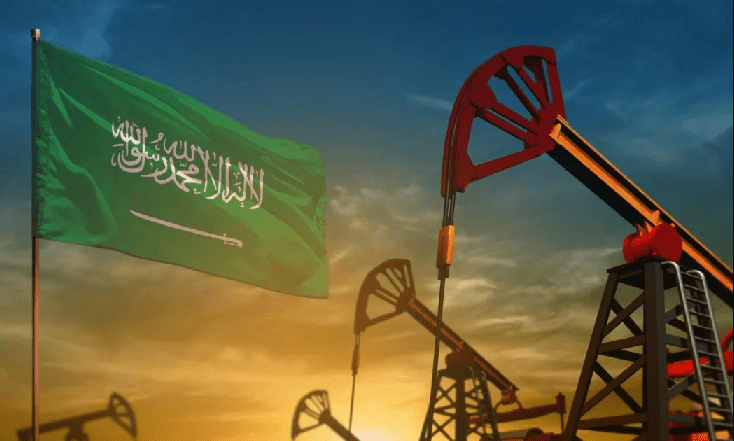Saudi Arabia lowered prices, accelerating the collapse in the oil market

On April 7, oil prices began to collapse sharply after Saudi Arabia made the biggest cut in two years in the price of its main oil brand. Coupled with an escalating trade conflict, this has led to growing concerns about a possible global recession and reduced energy demand, informs Bloomberg.
On April 7, Brent crude fell by almost 4%, reaching $63 per barrel — the lowest level in the last four years. Later, the cost increased to $64. At the same time, the price of West Texas Intermediate approached the $60 mark.
Top oil producer Saudi Aramco has cut the May price of Arab Light for key consumers in Asia, just days after OPEC+’s unexpected decision to significantly increase output.
“Markets start the week still panicked. Nobody dares to pick a bottom and stand in the way of a tsunami of selling”,” said Vandana Hari, founder of Vanda Insights.
Oil, along with other industrial and agricultural commodities along with stocks, suffered a sharp decline amid a new wave of tariffs and related measures from China, which hit the appetite for risk investments. An additional factor was the unexpected announcement by OPEC+ to increase production, which, against the background of weakened demand, only increased fears about excess supply on the world market.
Against the backdrop of deteriorating market sentiment, Goldman Sachs revised its forecast for oil prices for the second time in a week. In the updated forecast, the price of Brent in December is estimated at $62 per barrel — $4 less than the previous estimate.
The revision assumes a slowdown in GDP growth, including a forecast of stagnation in the US economy. Risks remain to the downside as the risk of a recession has increased further and OPEC+ supplies could rise further.
At the same time, US President Donald Trump called on OPEC+ to “lower the price of oil”, which, according to him, is necessary to curb inflation and increase economic pressure on Russia in order to end the war against Ukraine. Saudi Arabia also reduced prices for the US and European markets, although less significantly than for Asia.
“By default, all risk assets will continue to decline until Trump says or signals something that will cause investors to pause and reconsider their fears about a recession,” – concluded Hari.





